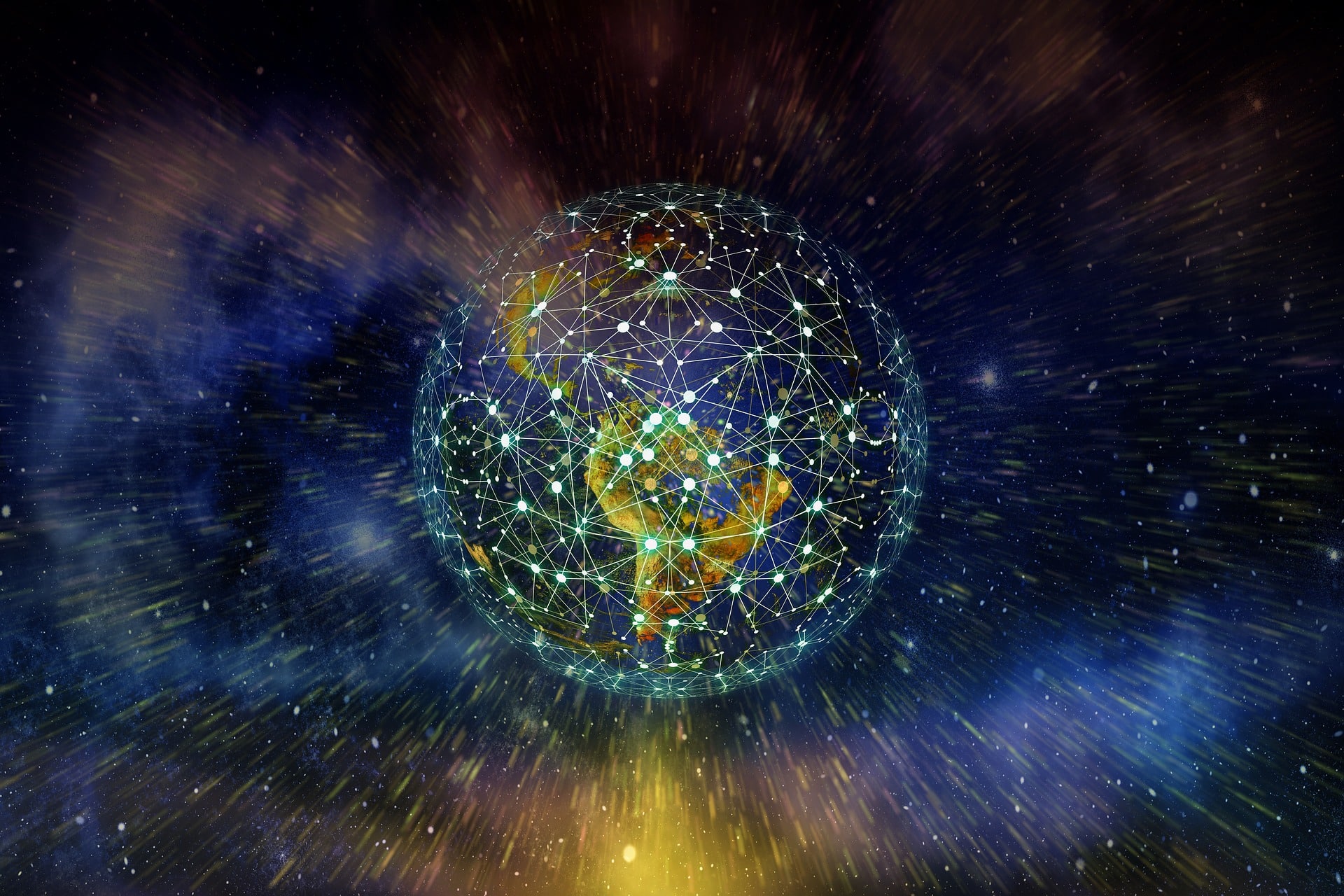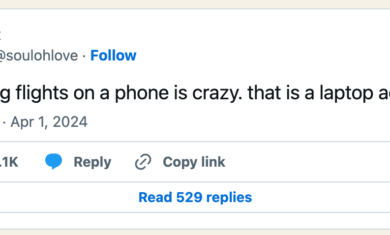In conversations that I have, I tend to mix the terms “social networking” and “social media”. According to Ian Bogost of The Atlantic, I probably shouldn’t.
With all of the recent chaos on Twitter, Bogost spent some time in a recent article to unpack those two words, and how our shift from Social Networking –> Social Media has become so problematic. Here is the crux of his argument:
That changed when social networking became social media around 2009, between the introduction of the smartphone and the launch of Instagram. Instead of connection—forging latent ties to people and organizations we would mostly ignore—social media offered platforms through which people could publish content as widely as possible, well beyond their networks of immediate contacts. Social media turned you, me, and everyone into broadcasters (if aspirational ones). The results have been disastrous but also highly pleasurable, not to mention massively profitable—a catastrophic combination.
Early social platforms had a heavy focus on the “network”. Connect with your friends, but live your life. Few remember, but the first two years of Facebook had no news feed. If you wanted to see what your friends were up to, you needed to visit their each of their profiles individually. When they rolled out the news feed in 2006, people weren’t ready for it (it caused huge backlash and threats of boycott), but users learned to get used to it, and now can’t live without it.
The ability in the last 15 years for us to all become publishers is indeed a great thing, but it’s also the cause of many of our issues today.
So what’s the solution? There’s not an easy one. Now that people are used to being publishers to the world, undoing that will be very slow and difficult, if not impossible. As Bogost says near the end of his article, “It’s seemingly as hard to give up on social media as it was to give up smoking en masse, like Americans did in the 20th century.“
I encourage you to check out his full article to learn more.




